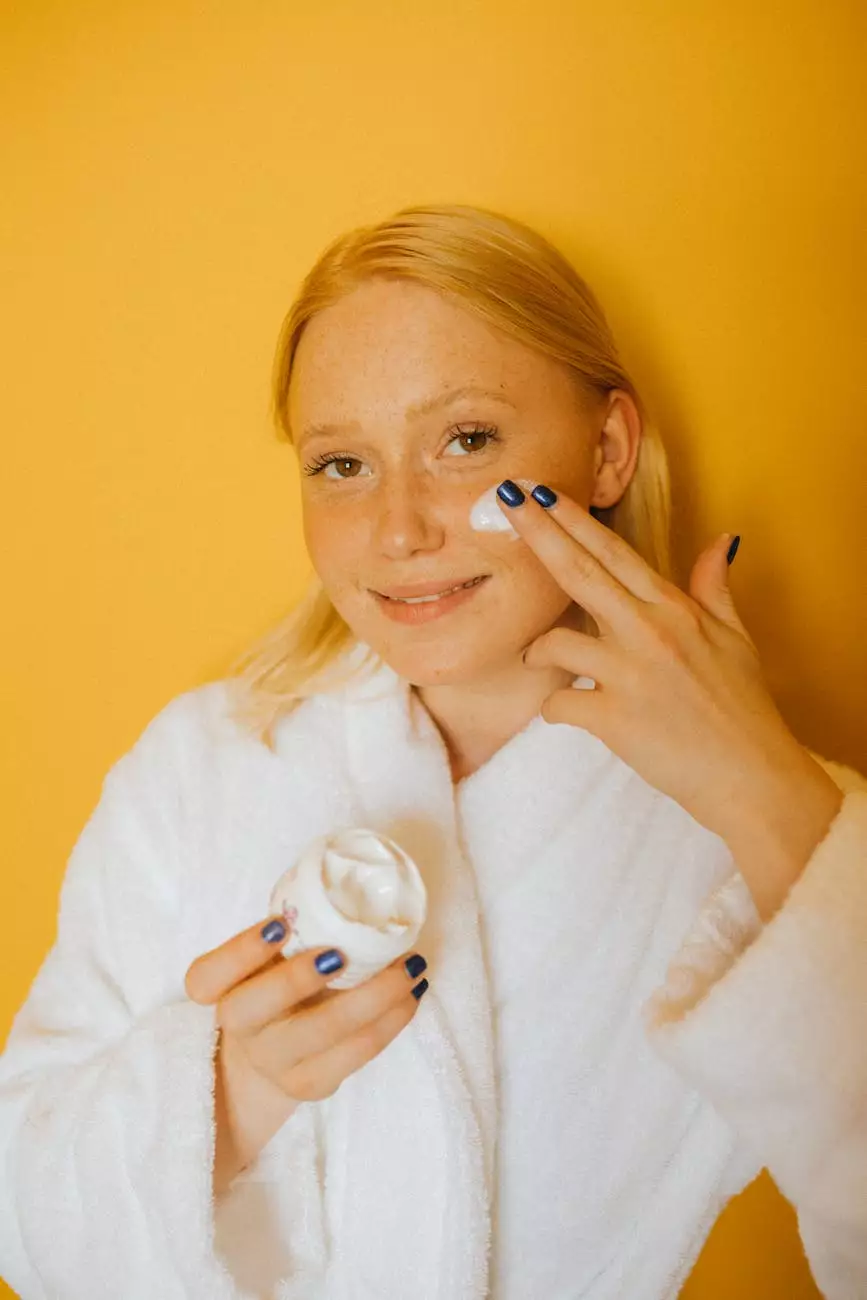Erectile Dysfunction and Testosterone Levels
Injuries
Welcome to Pain Cream Advisors, your trusted source of health information and solutions. In this article, we will explore the connection between erectile dysfunction (ED) and testosterone levels. Understanding the impact of testosterone on male sexual health is crucial for finding effective solutions to address this common concern.
The Role of Testosterone in Male Sexual Health
Testosterone is a hormone primarily responsible for the development of male sexual characteristics. It plays a crucial role in regulating sex drive (libido), sperm production, bone density, muscle mass, and overall well-being.
When testosterone levels are optimal, men typically experience a healthy sex drive and maintain the ability to achieve and sustain erections. However, when testosterone levels decrease, it can lead to various problems, including erectile dysfunction.
Understanding Erectile Dysfunction
Erectile dysfunction, often referred to as impotence, is the inability to achieve or maintain an erection firm enough for satisfactory sexual performance. It can severely impact a man's self-esteem, relationships, and overall quality of life.
While there can be various causes for erectile dysfunction, one common factor is the decline in testosterone levels. Testosterone helps stimulate the release of nitric oxide, a key chemical that relaxes the muscles and increases blood flow to the penis, facilitating an erection.
Effect of Testosterone Deficiency on Erectile Function
When testosterone levels are below the optimal range, it can lead to reduced sexual desire and difficulties in achieving and maintaining erections. Age-related decline in testosterone, also known as "andropause," is a natural process that affects many men as they get older.
However, it's important to note that not all cases of erectile dysfunction result from low testosterone levels. Other factors such as chronic health conditions (e.g., diabetes, heart disease), medication side effects, psychological factors, and lifestyle choices can also contribute to the problem.
Addressing Erectile Dysfunction and Low Testosterone Levels
If you suspect that low testosterone levels may be contributing to your erectile dysfunction, it is essential to consult with a healthcare professional for an accurate diagnosis and personalized treatment plan. They may recommend the following approaches:
1. Hormone Replacement Therapy (HRT)
Hormone replacement therapy involves restoring testosterone levels through prescribed medications. This treatment aims to alleviate symptoms related to low testosterone, including erectile dysfunction.
2. Lifestyle Modifications
Implementing healthy lifestyle changes can significantly improve testosterone levels and overall sexual health. This includes regular exercise, a balanced diet rich in nutrients, stress management techniques, quality sleep, and limiting alcohol and tobacco use.
3. Medications
In some cases, healthcare professionals may prescribe medications specifically designed to address erectile dysfunction. These medications work by enhancing blood flow to the penis, enabling men to achieve and sustain erections.
4. Psychological Counseling
Erectile dysfunction can have psychological causes or contribute to emotional distress. Psychotherapy or counseling can help individuals address underlying psychological factors that may be contributing to the condition and provide strategies for coping and improving sexual function.
Conclusion
Erectile dysfunction can significantly impact a man's well-being and intimate relationships. Understanding the relationship between erectile dysfunction and testosterone levels is vital for finding effective solutions. If you are experiencing symptoms of erectile dysfunction, it is essential to reach out to a healthcare professional who can provide proper diagnosis and guide you towards appropriate treatments.
Pain Cream Advisors is here to support and provide valuable information on a wide range of health topics. Explore our website to find additional resources and solutions to enhance your overall well-being.




